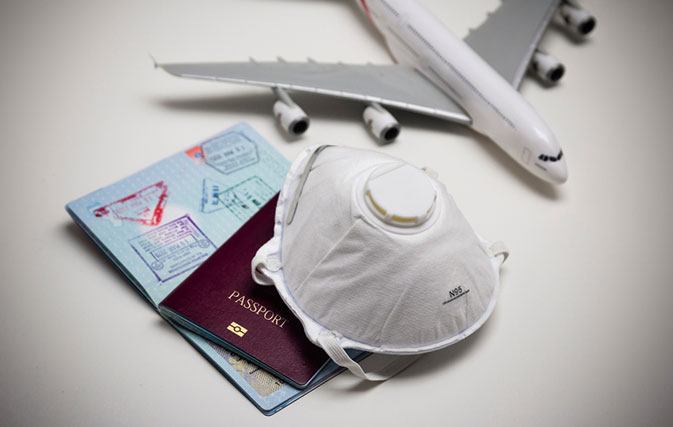According to the eighth edition of the UNWTO Travel Restrictions Report, the number of destinations closed to international tourism has continued to fall. At present 70% of all global destinations have eased travel restrictions that were introduced in response to the COVID-19 pandemic and around one in four destinations have continued to keep their borders completely closed to international tourists, in comparison.
Launched by the World Tourism Organization at the start of the pandemic, the UNWTO Travel Restrictions Report keeps track of measures undertaken by 217 destinations across the globe to support the mitigation and recovery efforts of the tourism sector. In the latest edition of the report, the methodology has been updated to offer insights into the tourism flows of destinations, as well as to explore the link between health and hygiene infrastructure, environmental performance and any potential connection to travel restrictions.
The new report shows that a total of 152 destinations have eased restrictions on international tourism, as of November 1, up from the 115 recorded as recorded on September 1. At the same time, 59 destinations have kept their borders closed to tourists, a decrease of 34 over the same two-month period. The report also delved further into the current COVID-19-related travel restrictions and highlighted factors that connect destinations that have eased restrictions and ones that continue to keep their borders closed.
The study found that destinations with higher scores in health and hygiene indicators as well as on the environmental performance index are among those which have eased restrictions faster. Moreover, these destinations are increasingly applying differentiated, risk-based approaches to implementing travel restrictions. In comparison, destinations within emerging economies with relatively low scores in health and hygiene indicators and environmental performance index have decided to keep their borders closed. The majority of these destinations are in Asia and the Pacific, with many belonging to the SIDS (Small Island Developing States), LDCs (Least Developed Countries) or LLDCs (Landlocked Developing Countries).
Similar to previous editions, the new UNWTO Travel Restrictions report also breaks the destination analysis down by region. Europe continues to lead the way in lifting or easing travel restrictions followed by the Americas, Africa and then the Middle East. Meanwhile, Asia and the Pacific continues to be the region with the fewest travel restrictions eased and more complete border closures in place for international tourism. UNWTO Secretary-General Zurab Pololikashvili said in his statement that the lifting of travel restrictions is essential to drive the wider recovery from the social and economic impacts of the pandemic.
He also mentioned that governments have an important role to play in giving data-led and responsible travel advice and in working together to lift restrictions as soon as it is safe to do so. The report highlighted that out of the ten biggest tourism source markets, four (representing 19% of all outbound trips in 2018) have issued guidance advising against all non-essential international travel. The other six (representing 30% of all outbound trips in 2018), however, have issued more nuanced travel advisories, basing their guidance on evidence-based risk assessments.
Tags: Coronavirus, Covid-19, United Nations World Tourism Organisation (UNWTO), UNWTO
